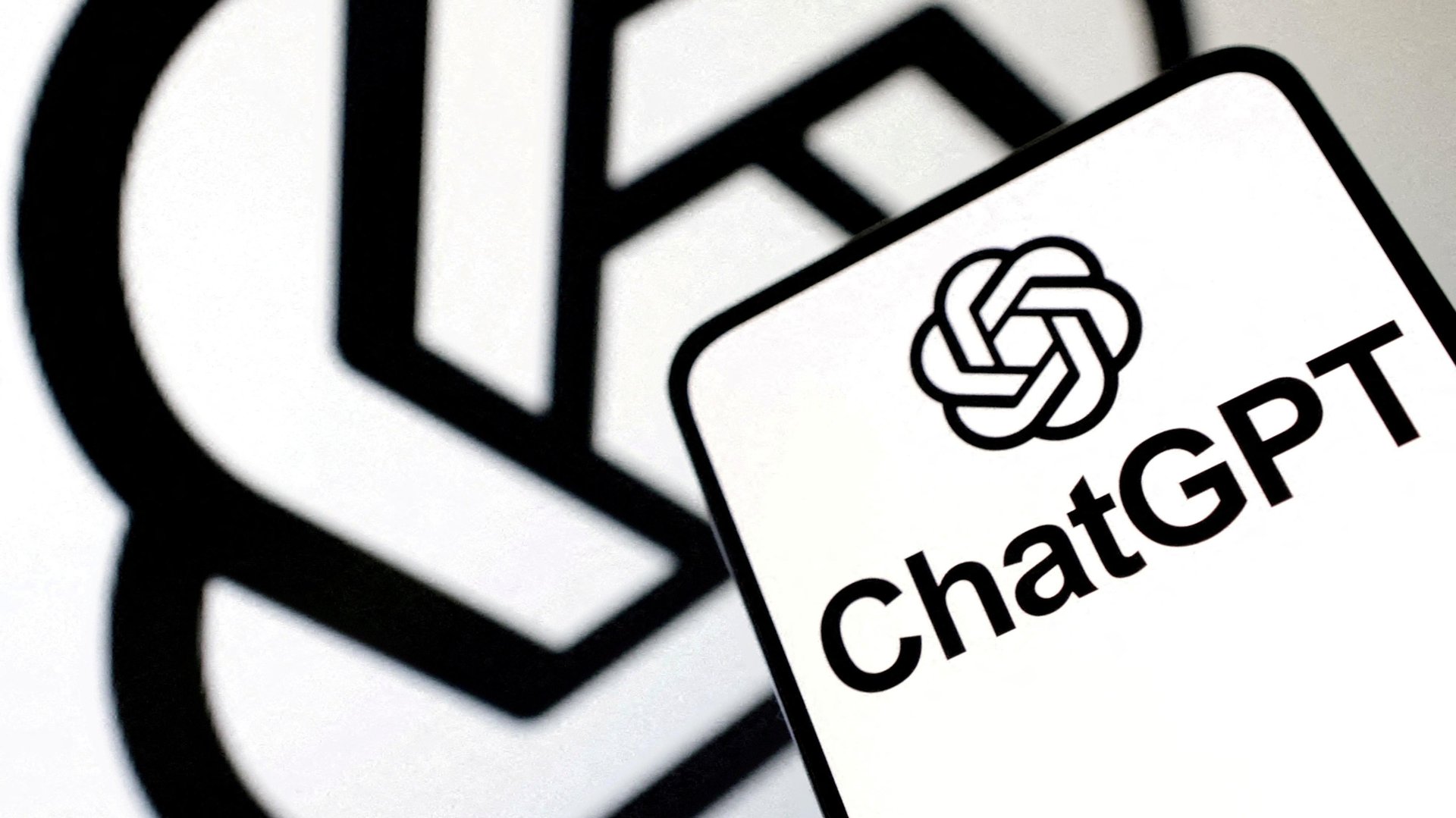OpenAI has delayed its chatbot store to next year, following the Sam Altman drama
The fiasco around Altman's departure and return may have affected OpenAI's business

It’s been an eventful couple of weeks for OpenAI. Shaking off the recent uproar surrounding CEO Sam Altman, the ChatGPT maker has announced that its Apple-like store for customized AI bots, which it planned to launch in December, will be postponed until next year.
Suggested Reading
“While we had expected to release it this month, a few unexpected things have been keeping us busy!”, the company wrote in an email, obtained by the Verge, to people who signed up for GPT Builder.
Related Content
The brief yet intense drama over the previous OpenAI board’s decision to oust Altman, only for him to return as leader in just five days, may be just one of a few unexpected things affecting the company’s business.
That distraction is no light matter because tech startups move fast. Since ChatGPT launched a year ago, the AI industry has seen many developments—from a slew of new chatbots to AI chip maker Nvidia becoming a household name to almost every tech giant launching its own chip. For OpenAI, even a few days off could open the door for competitors to take advantage.
Why was OpenAI’s Sam Altman ousted?
Neither OpenAI’s previous board nor Altman have yet to publicly disclose the reason behind his firing, but a new Wired report shows the company pursued a deal that may have overlapped with his personal investments. In 2019, the first year of Altman’s tenure as CEO, OpenAI signed a letter of intent to spend $51 million on AI chips from Rain AI, a startup in which he had reportedly invested $1 billion of his own money, Wired found.
Rain, located less than a mile from OpenAI’s headquarters in San Francisco, is working on a chip it calls a neuromorphic processing unit, or NPU, designed to replicate features of the human brain. NPUs require less power than Nvidia’s graphics chips, Rain claims. The company, which is backed by Y Combinator, a startup accelerator once helmed by Altman himself, told investors that it could get its first hardware to customers as early as next October.
OpenAI’s ChatGPT is powered by Nvidia’s highly sought-after H100 chips. In an interview with the Financial Times in mid-November, Altman said the company was “expecting more soon.” Despite a $10 billion investment from partner Microsoft, Altman has complained about the “brutal crunch” for AI chips and said that chatbots won’t be free forever because “compute costs are eye-watering.”
